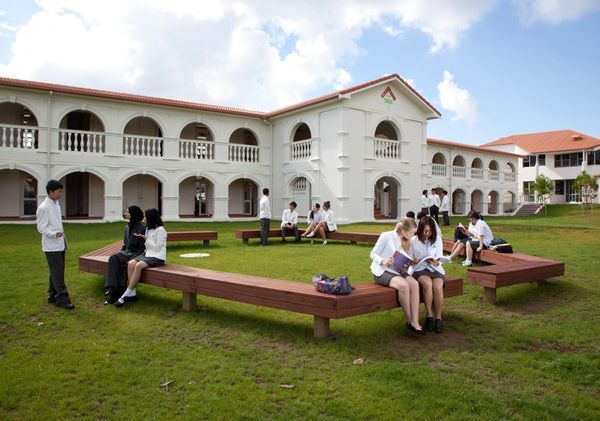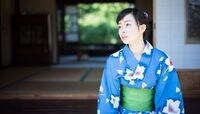
As one of Asia’s top-ranking universities, the University of Tokyo (popularly known as “Todai” in Japan) attracts Japan’s top talent every year. With its 2012 launch of a newly developed international curriculum called Programs in English at Komaba (PEAK), the university has opened its gates to the world.
For the 2015-2016 school year, the university received 237 applications for the PEAK program and accepted 75 students (it has not announced how many of those accepted into the program will actually enroll in the school). Twenty-four of the 75 students who were accepted are from the same school: Auckland International College (AIC).
I am also a graduate of AIC, and I will be entering my junior year at Todai this September. So far, PEAK has attracted about 71 international students, and five of them are graduates of AIC. Why is AIC sending so many graduates to Todai?

Owned by Japan’s Oshu Corporation, which operates private preparatory schools in western Japan, AIC was established in 2003 in Auckland, New Zealand. It has about 300 students from 14 different countries, including New Zealand, Japan, and Korea.
Although Japan and New Zealand might seem like they're worlds apart, Keisuke Shibata, director of AIC, says, “New Zealand was chosen because it is a safe and attractive destination and because regulation [for starting an international school] is relatively easy.”
Sending students to the world's top schools
What’s amazing about AIC is not just the number of students who have been accepted at widely acclaimed Todai--the school has sent its graduates to top-ranking universities around the world.
Take last year’s AIC graduates as an example: one student was accepted at Harvard University, one was accepted at the Massachusetts Institute of Technology, one was accepted at the University of Pennsylvania, and two were accepted at the University of Cambridge. In total, 324 students from AIC’s class of 2015 were accepted at the world’s top 50 universities.
So why do many AIC students end up at prestigious universities?
According to Shibata, one of the key differences between AIC and other secondary schools is its focus on university preparation. AIC offers students a curriculum that is geared specifically toward higher education, and it encourages them to set high goals and aim for the top universities in the world.
Shibata says that the school also provides students with “opportunities for preparing for even higher academic achievements and learning to become contributing and responsible members of the global community.”
AIC offers an International Baccalaureate (IB) Diploma Program, and it employs instructors who specialize in teaching IB programs.
From a student’s perspective, AIC is indeed a university-oriented high school. “AIC is special in the way that it really pushes the students to challenge their own limits,” says Xuan Truong Trinh, a PEAK student. “Imagine being in an environment where every single person is expected to be outstanding. You will realize that mediocrity just does not have a place.”
Chaeyeon Kim, another PEAK student who graduated from AIC, agrees. “I think it's an environment that's very suited to students who wish to go to a prestigious university,” he says. “If students are looking for a high school where they can try new things, however, they might not be suited to an academic environment.”
How AIC changed me
I did, in fact, find the environment at AIC to be very competitive. Most of the students were very goal-orientated and self-motivated. Since everyone was extremely smart, getting a high score was not enough to become an extraordinary student.
AIC also emphasizes the importance of actively participating in class.
Before attending AIC, as a typical Asian student(I am from Taiwan), I was used to a classroom environment in which students were expected to ask questions following the lesson. So during my first semester at AIC, I received a bad grade for effort because my teacher thought I was not interested in the class and did not understand the lessons.
After that, I made it a point to ask at least one question in every class, and by the end of the year, I had become more actively engaged in classroom discussions. When I graduated from AIC, I received an effort award because after that first bad grade, I received an A for effort in every class I took.
Extracurricular activities are also important at AIC, and many students’ achievements when I attended school there were extraordinary. For example, some students played golf on the New Zealand national team, while others won medals as members of the New Zealand Maths Olympiad Team.
It can be really hard to be in an environment in which you are always under pressure. As an international student, I also needed to overcome the language barrier and the challenges of living abroad. I knew that I needed to work twice as hard to compete with native English speakers.
Also, there are some students who feel that finding a university that suits your personality and needs is more important than being accepted at a top-ranking university.
Having said all that, I still think that studying at AIC was a life-changing experience--it has broadened my mind and opened a door to greater opportunities.



